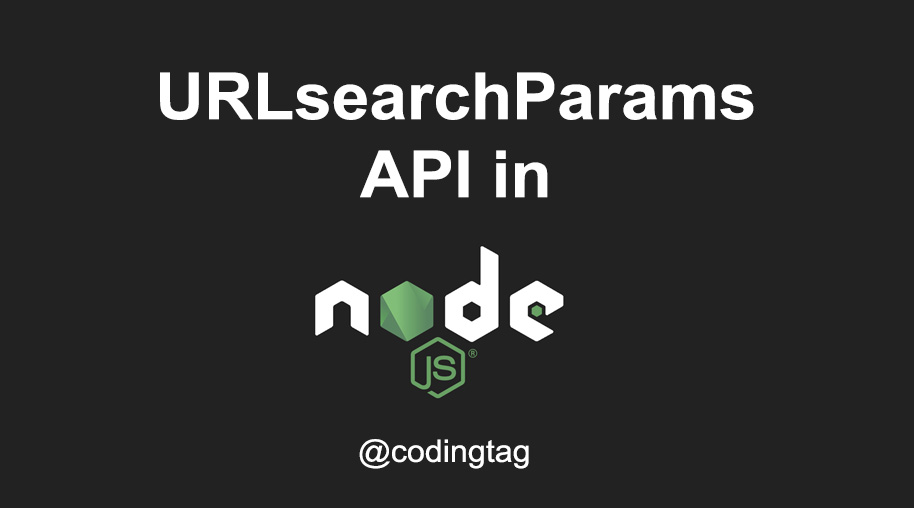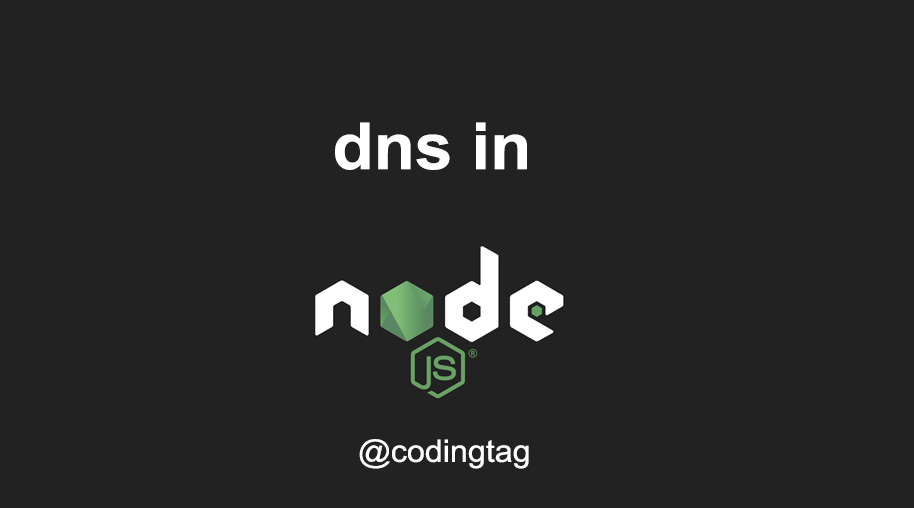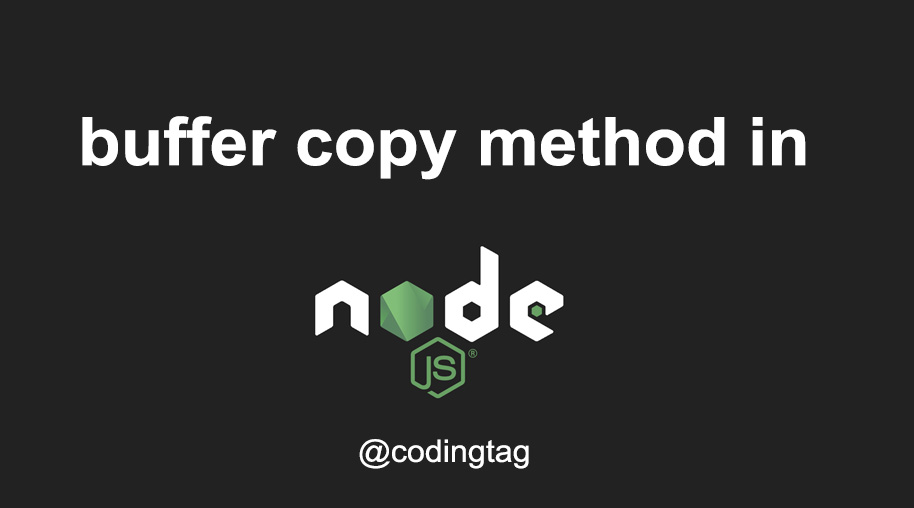script.createCachedData() Method in Node.js
0 818
Introduction
Node.js includes avm module that lets developers run code in isolated and controlled environments. One of its lesser-known but very useful features is the script.createCachedData() method. This method helps boost performance by creating a cache of compiled JavaScript code, allowing the script to be reused without recompiling.
What is script.createCachedData()?
Thescript.createCachedData() method belongs to an instance of vm.Script. When you compile a script using the vm.Script constructor, you can call createCachedData() to retrieve a Buffer containing the cached version of that compiled code. This cached data can be stored and reused later to skip the parsing and compilation process, resulting in faster execution.
Syntax
script.createCachedData()Buffer object containing V8’s internal cached compilation data.- It doesn’t take any arguments.
Why Use Cached Data?
Recompiling the same JavaScript code repeatedly can impact performance. By usingcreateCachedData(), you can store the compiled version once and use it multiple times, which is particularly useful in applications where scripts are run frequently or come from external sources.
Example Usage
const vm = require('vm');
// Create a script
const code = 'const sum = 5 + 10; sum;';
const script = new vm.Script(code);
// Generate cached data
const cachedData = script.createCachedData();
console.log('Cached Buffer:', cachedData);
createCachedData(). This buffer can then be stored and reused later to skip recompilation.
Using Cached Data for Execution
You can pass the cached data back into thevm.Script constructor using the cachedData option:
const reusedScript = new vm.Script(code, { cachedData });
const result = reusedScript.runInThisContext();
console.log(result); // 15
Limitations and Notes
- Cached data is specific to the V8 version and the exact source code.
- If the source code changes, the cached data becomes invalid.
- The buffer created is not human-readable and is intended only for internal use by V8.
Conclusion
Thescript.createCachedData() method in Node.js is a helpful tool for improving script performance by avoiding redundant compilation. It’s ideal for applications that need to execute the same code multiple times or cache scripts between runs. By using cached data wisely, you can significantly enhance the efficiency of your Node.js applications.If you’re passionate about building a successful blogging website, check out this helpful guide at Coding Tag – How to Start a Successful Blog. It offers practical steps and expert tips to kickstart your blogging journey!
For dedicated UPSC exam preparation, we highly recommend visiting www.iasmania.com. It offers well-structured resources, current affairs, and subject-wise notes tailored specifically for aspirants. Start your journey today!

Share:







Comments
Waiting for your comments